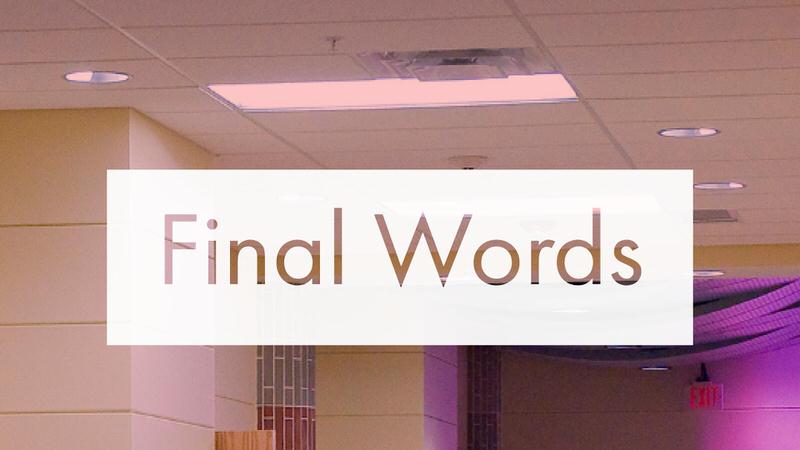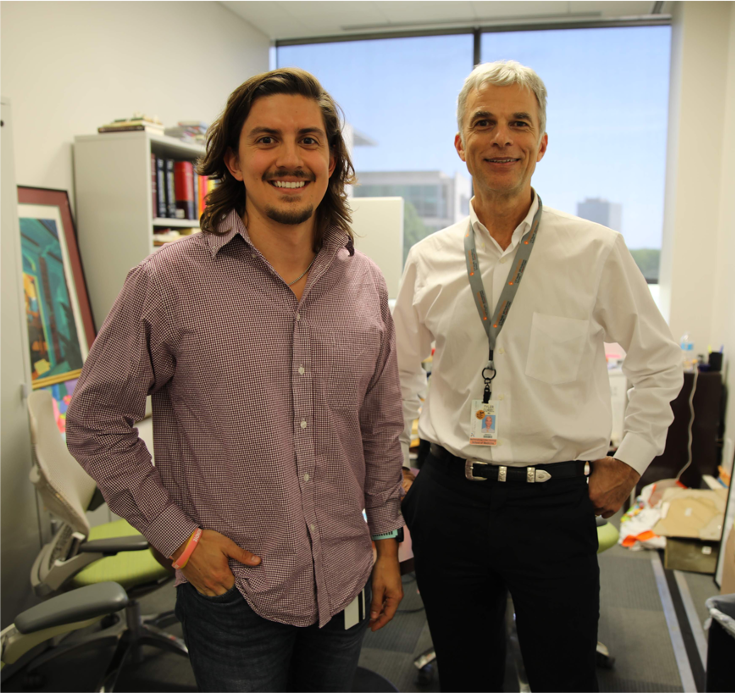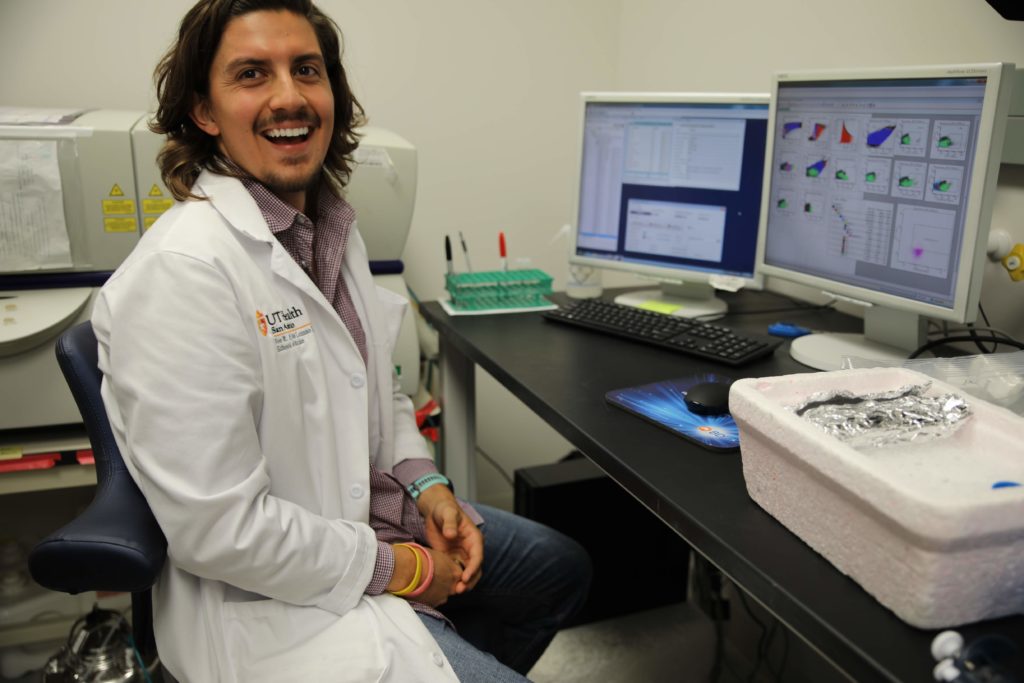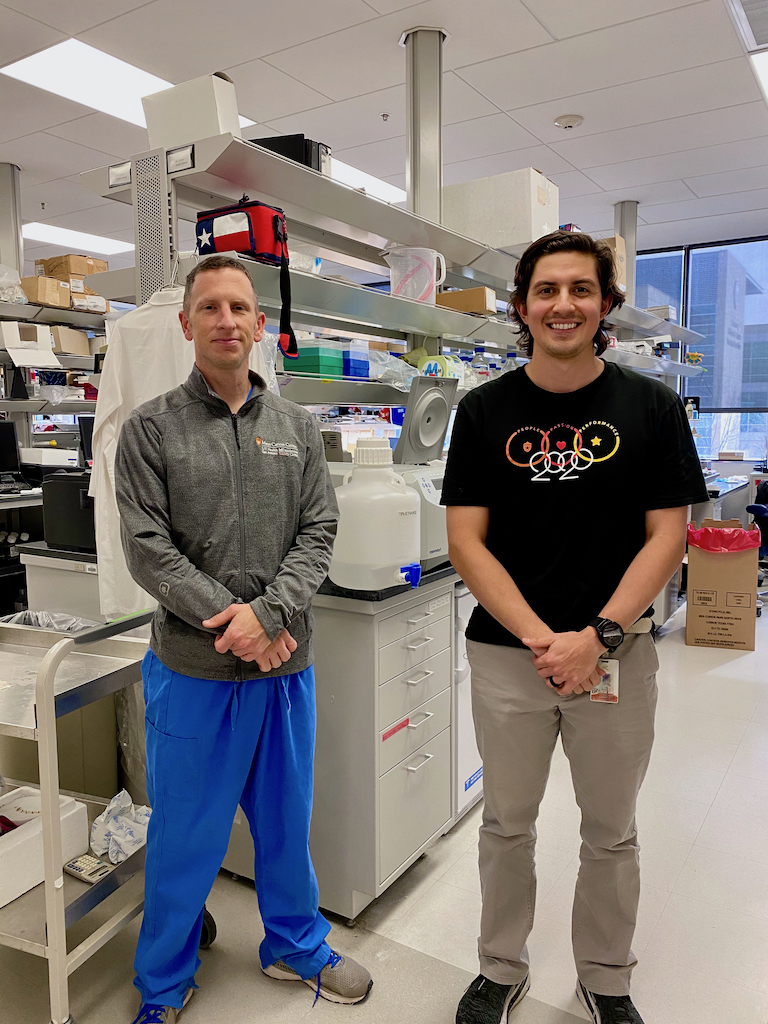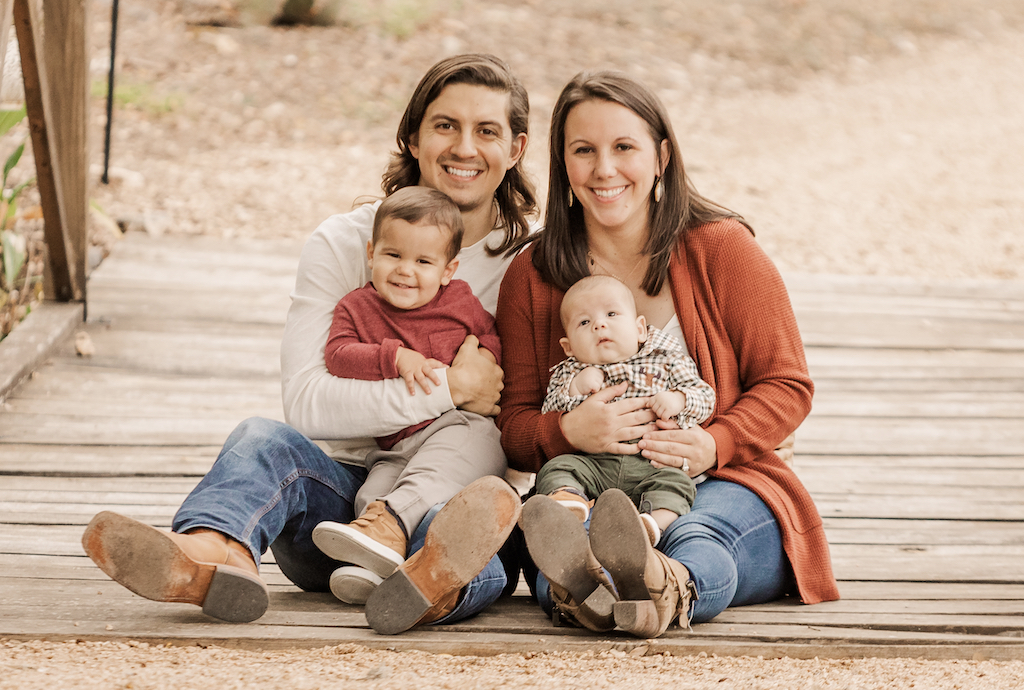Final Words: Ryan Reyes, South Texas Medical Scientist Training Program, Molecular Immunology and Microbiology Discipline)
Your name, program, dissertation title.
Ryan Reyes, South Texas Medical Scientist Training Program (M.D./Ph.D.), Integrated Biomedical Sciences Ph.D. (Molecular Immunology and Microbiology Discipline), Microenvironment-specific immunity alters anti-programmed death ligand 1 and interleukin-2 receptor-targeted immunotherapy responses in bladder cancer
Please tell me about yourself, why did you pick UT Health San Antonio, and your program.
I grew up in a small Texas town of 1,000 and spent most of high school and college chasing athletic dreams that never materialized. A career in science and medicine then came in to focus as I witnessed up close my mother-in-law’s fight with metastatic breast cancer. The empathetic and loving patient care she received, as well as my desire to discover new therapies that could benefit patients like her in the future, led me to pursue physician-scientist training. I chose UT Health San Antonio and its Medical Scientist Training (M.D./Ph.D.) Program because of its ideal combination of vast research infrastructure, rigorous medical education, and supportive training environment. I joined Dr. Tyler Curiel’s lab because of its extensive track record in training high-achieving M.D./Ph.D. students and specialization in translational models of cancer immunotherapy, my field of choice.
What has been the highlight of graduate school so far? Have you won any awards or have there been any achievements you’ve been proud of?
The highlight of graduate school was my dissertation defense. Because it was virtual, I was able to invite numerous friends, family, and former mentors. I considered the day less a celebration of anything I had accomplished and more of a joyful sharing of my work with the MANY people who were instrumental in my development as a scientist and person.
Please provide a few sentences summarizing your dissertation. What was the experience like for you?
My dissertation studies focused on improving the use of FDA-approved and experimental bladder cancer immunotherapies. Using translational mouse models of primary and metastatic bladder cancer, I found key differences in immunotherapy responsiveness that was driven by varied immune cell composition in different tumor microenvironments. We also discovered unique mechanisms for targeting innate immune cells in bladder tumors, with many of my findings echoing several recent works from the lab of my co-mentor Dr. Rob Svatek, an incredibly gratifying result. In my studies, I enjoyed the process of ruling in and out candidate cells responsible for the treatment mechanisms observed and grew in my understanding of how to craft a compelling story with multiple, independent lines of evidence to support my conclusions.
Why are you passionate about your research topic? How did you first become interested in it?
Modern immunotherapies are revolutionizing the treatment of cancer and in some cases have provided long-term cures for otherwise refractory cancers. I became enamored with the complexity and versatility of the immune system, and its ability to fight cancer, prior to beginning M.D./Ph.D. training in 2015. Since then, I have continued to enjoy exploring the most incredibly designed surveillance, detection, and elimination system on earth.
What’s next?
After completing my final two years of medical school, I will pursue a research-intensive residency/fellowship in adult oncology. My career goal is to develop new immunotherapy approaches to treat cancer and disseminate these advances widely, with a special emphasis on addressing racial, ethnic, and geography-related cancer health disparities.
Any advice for your fellow graduate students?
I would encourage fellow students to be present and enjoy their time in graduate school rather than look longingly toward its end. For me, enjoying graduate school coincided with maturation of the idea that I don’t have to let my successes and (many) failures in the lab define me. I am now grateful for the struggles I experienced in graduate school that helped me ground myself in a larger identity of who I am as a Christian, husband, and father. Graduate school and science were inevitably easier when it became what I do and not who I am.

